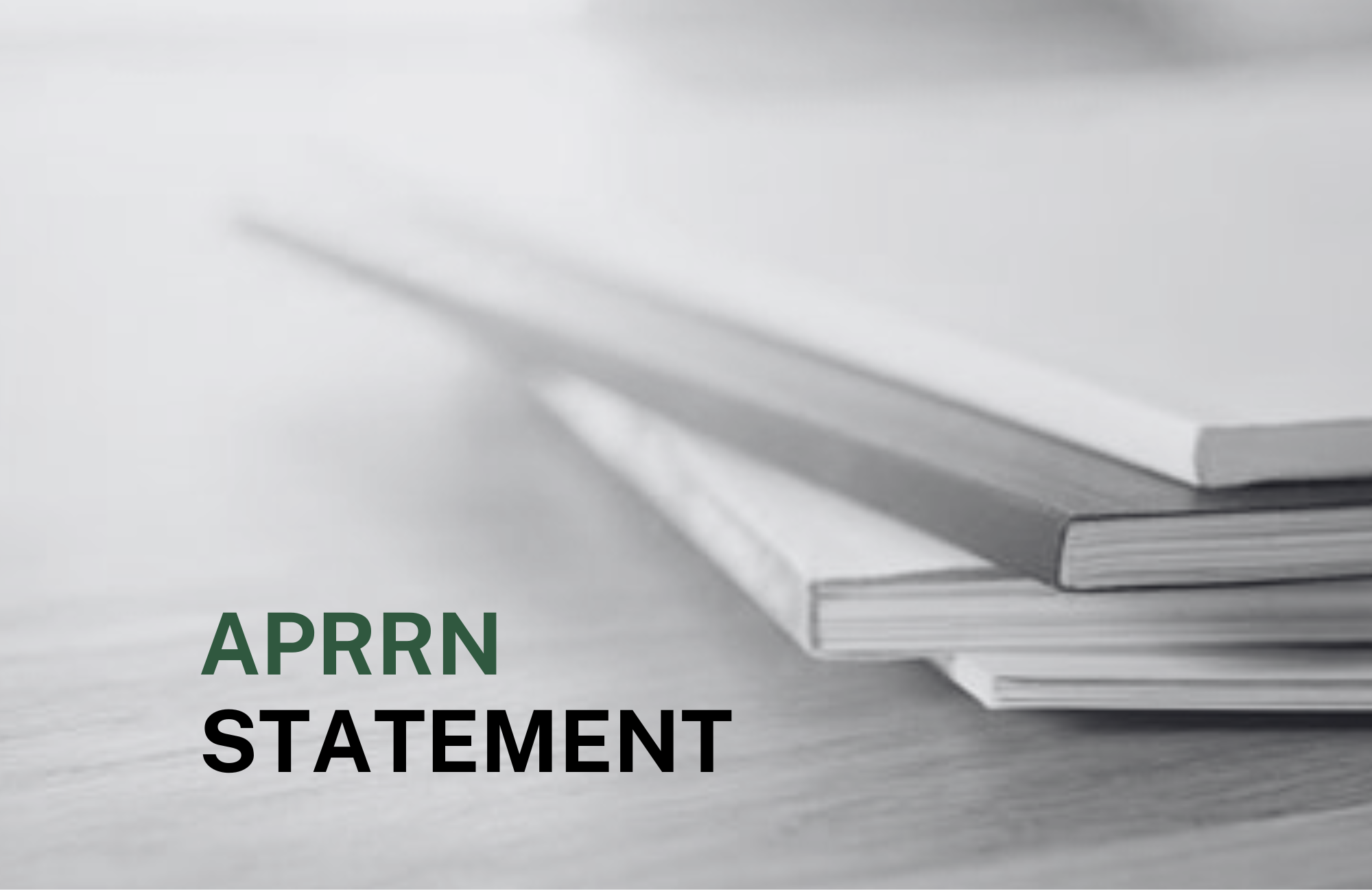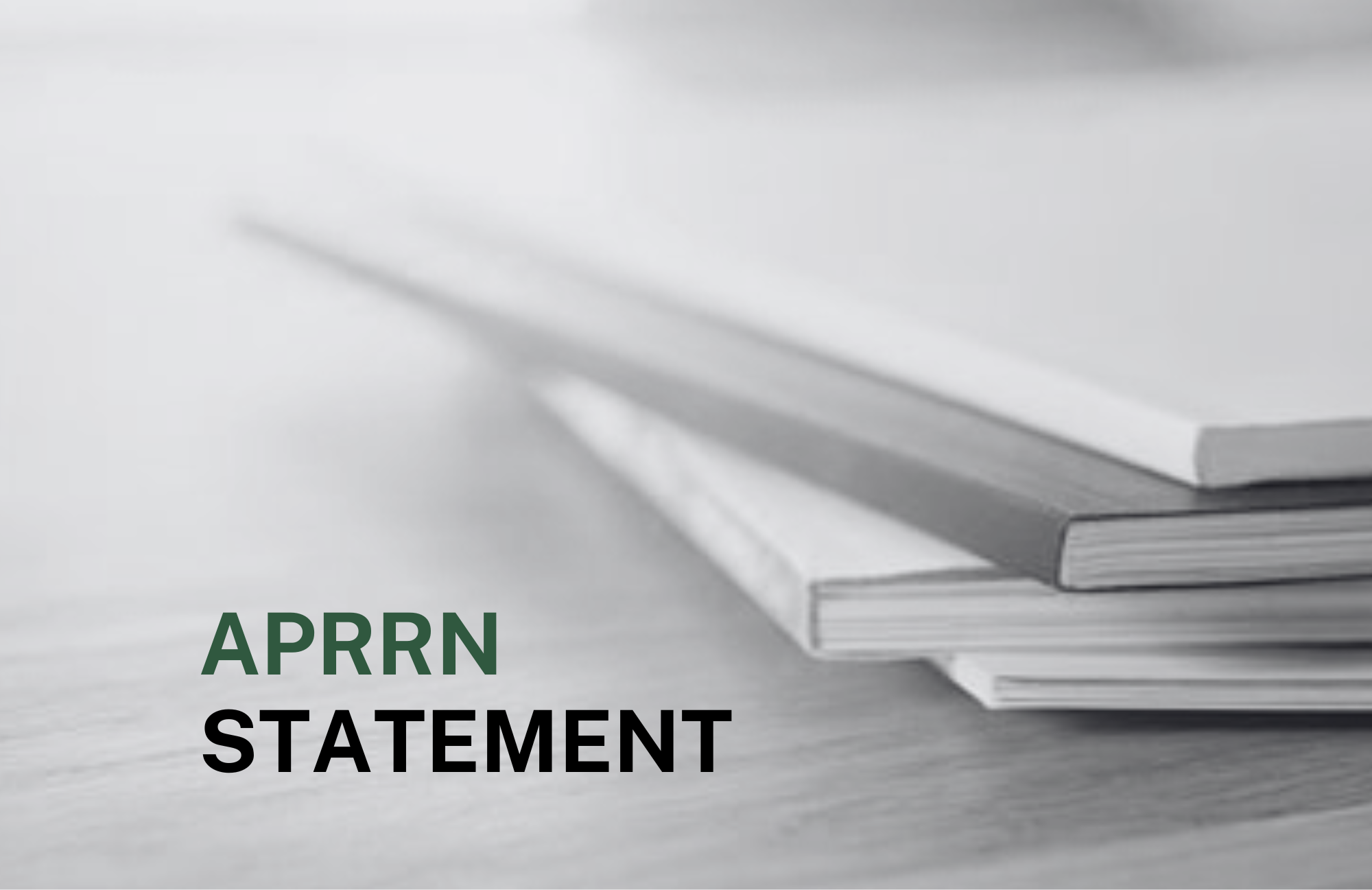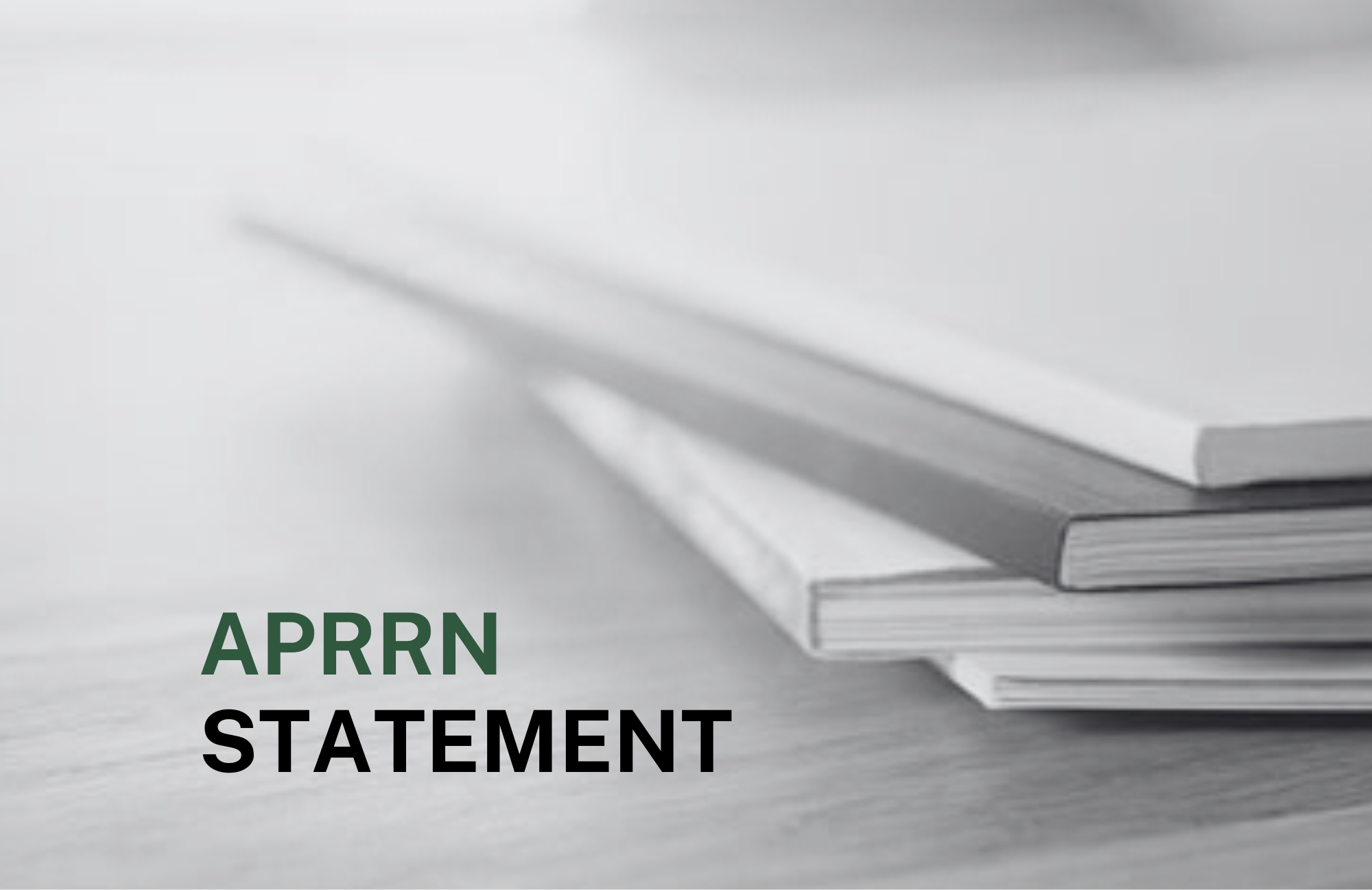APRRN Urges Pakistan Not to Deport Afghans Seeking Safety within its Borders
13 October 2023
APRRN URGENT STATEMENT: APRRN Urges Pakistan Not to Deport Afghans Seeking Safety within its Borders
The Asia Pacific Refugee Rights Network (APRRN) is extremely concerned by the Pakistani government’s announcement[1] that all undocumented asylum seekers, including an estimated 1.7 million Afghan nationals living in Pakistan, must leave before 1st November voluntarily, or face deportation. This has led to arrests, detentions and evictions spreading fear amongst Afghans and other refugees in Pakistan. We call for the immediate cessation of this policy to protect the rights of people seeking asylum and provide access to timely registration.
APRRN recognises Pakistan’s significant role in hosting Afghan refugees over the last 40 years and appeals to Pakistan to honour its obligation of non-refoulement[2] under international law.
“Afghan women, men, and children seeking safety and protection in Pakistan should not be collectively punished by being forced to return to a real danger of persecution, in a country expecting a severe humanitarian crisis during the next winter months,” said APRRN’s Co-Secretary General, Klaus Dik Nielsen.
We note that there is currently no national mechanism available for Afghan refugees who have arrived in Pakistan to register, state their fears of persecution, and apply for protection. In accordance with the 1993 Cooperation Agreement between the Government of Pakistan and the United Nations High Commissioner for Refugees (UNHCR) [3], the UN agency may register refugees on behalf of the Government of Pakistan. However, most arrivals since 2021 have not been issued with UNHCR cards and struggle to extend their entry visas in Pakistan as they wait to be processed[4]. As national NGOs, on behalf of UNHCR, have stepped in to register new arrivals wishing to seek asylum, we ask the government of Pakistan to ensure these undocumented men, women, and children are offered dignity and protection.
APRRN welcomes Pakistan´s 10th October Ministry of States and Frontier Regions notification that Afghan refugees with Proof of Registration (PoR) and Afghan Citizen Cards (ACC) would not be forcibly repatriated. This notification does not apply to those refugees from Afghanistan who arrived in Pakistan after August 2021 as none have been issued with PoR or ACC cards. We also note that the UNHCR non-return advisory for Afghanistan of August 2021 remains in place. APRRN is extremely concerned for the safety of those refugees in the wake of direct and targeted threats or persecution and who lack access to any support or reasonable pathways to safety.
APRRN requests the government of Pakistan to ensure the human rights of Afghans in its territory are upheld. This must include the right not to be returned to Afghanistan where a person has articulated a credible fear of persecution. The announced deportation of any Afghan nationals expressing fear of persecution would violate the principle of non-refoulement. Pakistan’s non-refoulement obligations are also derived from the Convention Against Torture and Other Cruel Inhuman or Degrading Treatment or Punishment, and the International Covenant on Civil and Political Rights, amongst others.
APRRN also calls upon the Pakistani government to observe the recent decision of the Islamabad High Court in Azizi Vs the State which states that the Pakistani government should allow Afghan refugees to voluntarily report to authorities on arrival, allow registration with UNHCR, and not detain those refugees whilst their applications are pending.
APRRN calls on the government of Pakistan to revisit the announcement in view of the potential threats to life and safety that forced return would pose to Afghan nationals. We are also concerned of the real possibility of a humanitarian crisis for those forcibly returned during these winter months, as well as for the communities receiving them.
APRRN encourages the government of Pakistan to consult with national, regional and international stakeholders in devising future steps for peaceful and sustainable solutions in response to situations of displacement.
APRRN urgently calls for:
Non-refoulement: Pakistan, to uphold its obligations to protect Afghan refugees in its territory, ensuring that no forced returns to Afghanistan take place, regardless of documentation status.
Registration: Rather than expelling undocumented or unregistered Afghans from Pakistan, strategies must be put in place to ensure that people fleeing Afghanistan have reasonable and timely access to registration processes, including the opportunity to state their claim to international protection.
Furthermore, the situation in Pakistan would be further aided by the following:
Legal Status: Pakistani authorities should work towards regularising the legal status of Afghan refugees to ensure their protection and rights.
Responsibility Sharing: The international community should scale up its support to the Pakistani government as host of Afghan refugees, including adequate funding to enable access to education, healthcare, basic needs and livelihoods.
Resettlement: We urge governments to increase their refugee admission from Pakistan and urgently activate their resettlement programmes and enable better access for Afghan refugees to legal routes to safety.
For further information or comment, please contact Klaus Dik Nielsen Co-Secretary General, APRRN, Email: sg.klaus@aprrn.org
The Asia Pacific Refugee Rights Network (APRRN) is a network of over 250 civil society organisations and individuals from 30 countries. We are committed to protecting and promoting the rights of refugees and other vulnerable groups on the move in the Asia Pacific region.
[1] The Government of Pakistan Ministry of Interior. Voluntary Repatriation of Illegal Foreigners F.No.2/83/2022-NAP, 8th October 2023
[2] The prohibition of refoulement under international human rights law applies to any form of removal or transfer of persons, regardless of their status, where there are substantial grounds for believing that the returnee would be at risk of irreparable harm upon return on account of torture, ill-treatment or other serious breaches of human rights obligations. https://www.ohchr.org/Documents/Issues/Migration/GlobalCompactMigration/ThePrincipleNon-RefoulementUnderInternationalHumanRightsLaw.pdf
[3] Pages 79-89
[4] The Government of Pakistan Ministry of Interior, Afghan Evacuation and Relocation by Foreign Countries F.No.07/09/2023-PE-II, 6th October 2023
Recommended

May 22, 2025
APRRN Urgent Appeal to the Government of Pakistan to Immediately Halt Forced Deportations of Afghan Refugees
The Asia Pacific Refugee Rights Network (APRRN) express our grave concern over the ongoing forced deportations of Afghan refugees by the Government of Pakistan under the so-called “Illegal Foreigners Repatriation Plan.” In April 2025 alone, some 144,000 Afghans returned from Pakistan, including nearly 30,000 who were deported.

Oct. 5, 2024
Urgent Statement on the Rohingya Crisis and the Need for Regional Protection
We express our deep concern over the ongoing Rohingya crisis and the lack of a comprehensive and coordinated regional response to protect refugees in Southeast Asia. As the situation continues to deteriorate, we call for immediate action from ASEAN, its member states, and the international community.

Sept. 4, 2024
APRRN calls on Home Minister Saifuddin Nasution to free children in Malaysia!
“While children are killed and maimed in Myanmar, Palestine, and other countries around the world, Malaysia keeps those who have fled locked up indefinitely for seeking safety in its territory. This is wrong and unacceptable and must be changed in law and practice.” APRRN’s Co-Secretary General, Hafsar Tameesuddin.